A ‘dummy-cratic’ election in democratic Bangladesh?
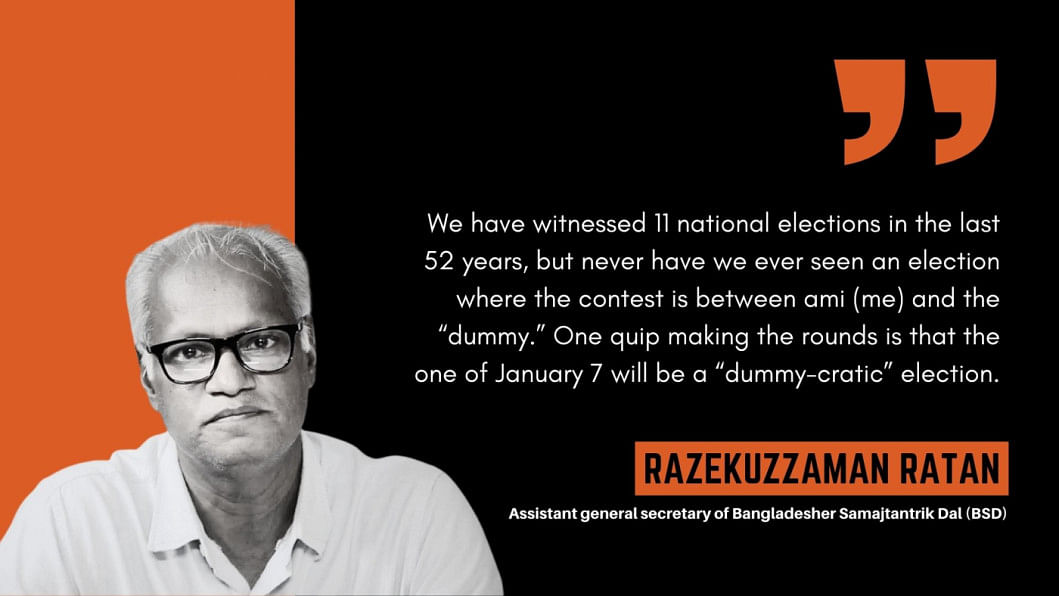
In 1988, we saw how Ershad held the election even though there was a movement against him by multiple alliances. On February 15, 1996, BNP held the election despite strong opposition from Awami League and left-leaning parties. And, in 2014, Awami League held the election even though BNP put up a strong resistance and leftist parties also did not participate. So, Ershad's regime, Awami League, and BNP have all held elections with the help of the police and administration while ignoring public opinion. Thus, if history is any indication, it can be said that Awami League will also hold the 12th parliamentary election using the police, the administration, its political power, and aggression.
But we also believe the kind of election that is about to take place will be unprecedented and unheard-of in Bangladesh. Unprecedented because never in our history has a party split into two as a strategy to hold the national election. It is unheard of because we have yet to see any party placing dummy candidates to make the election look competitive. We have witnessed 11 national elections in the last 52 years, but never have we seen an election where the contest is between ami (me) and the "dummy." One quip making the rounds is that the one of January 7 will be a "dummy-cratic" election. When do people resort to satire? When they can neither accept the reality, nor resist or change it. So, for the common people, this election has become a satirical election.
There are two sides of an election: a legal side and a moral side. Our Election Commission (EC) has said that even if one percent of the votes are cast, the election will be deemed legitimate. The stance of the EC is clear: it cares little about whether democratic values are upheld in this election.
What will be the consequences of such a farcical election? It will definitely have a long-term impact on our political culture as well as on our economic life. After the election is over, the meaning of democracy will change to mean coercion. People will know for sure that everything can be given legitimacy by abusing power and using force. Plus, how will the government address the impending economic crisis? One way would be to burden the people with increasing levels of tax, which will also raise inflation and make people's lives even more difficult. Since the people will be dissatisfied, the government will have to resort to new repressive measures to contain the discontent. So, it will not be as easy for Awami League to run the country during the upcoming five years.
This election, 571 candidates have movable or liquid assets of over Tk 1 crore. And 18 of them have property worth Tk 100 crore. The parliament has now turned into a club of businessmen. It is shocking that our ministers, members of the parliament, and the ruling party candidates have amassed such huge amounts of wealth when people's lives have been miserable of late due to rising inflation and cost of living. All this time, these politicians blamed the global recession, Covid-induced economic uncertainties, and the economic fallout of the Russia-Ukraine war. Strangely, these could not stop them from amassing wealth. But will these financial irregularities ever be addressed?
On the one hand, rising cost of living and the gradually shrinking democratic space are making people's lives unbearable. On the other hand, the wealth of those in power is increasing, alongside their misrule. This signals that we may see strong resistance of unexpected scale from the people in future.
Razekuzzaman Ratan is assistant general secretary of Bangladesher Samajtantrik Dal (BSD).
Views expressed in this article are the author's own.
Follow The Daily Star Opinion on Facebook for the latest opinions, commentaries and analyses by experts and professionals. To contribute your article or letter to The Daily Star Opinion, see our guidelines for submission.

 For all latest news, follow The Daily Star's Google News channel.
For all latest news, follow The Daily Star's Google News channel. 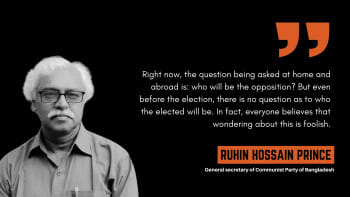



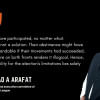
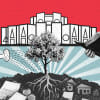

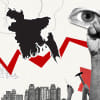


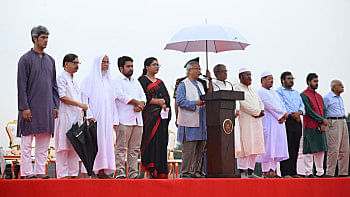
Comments